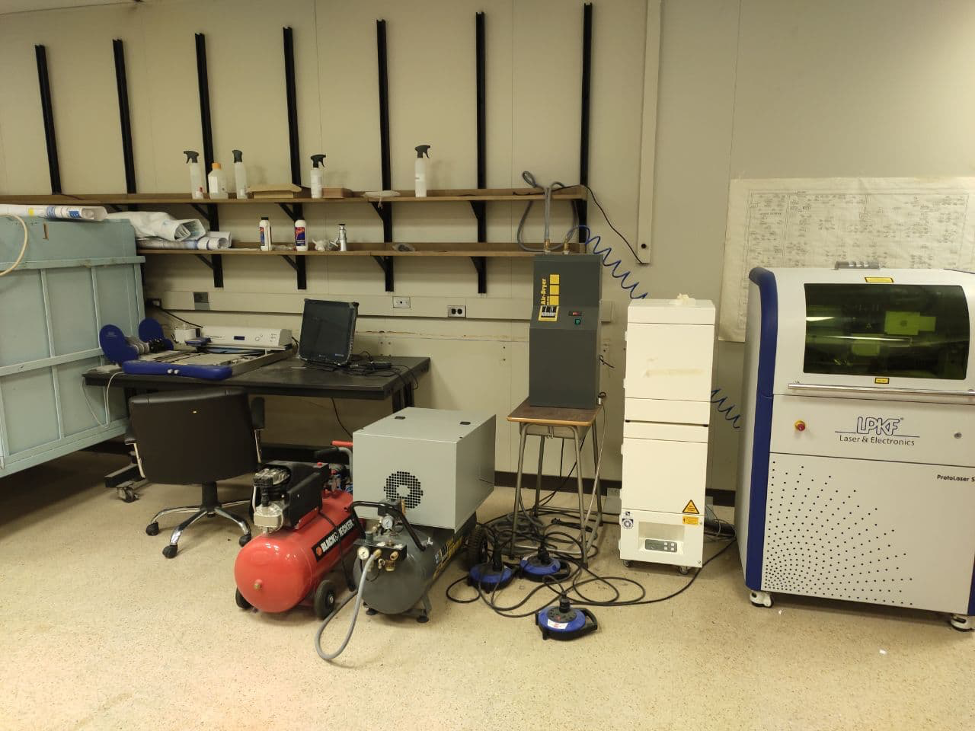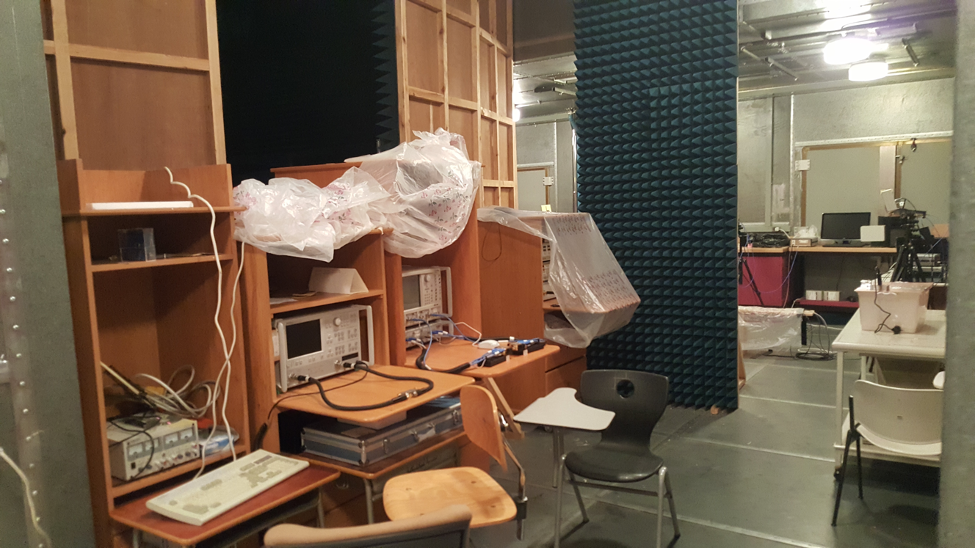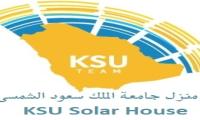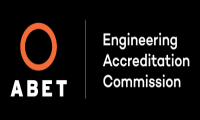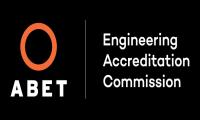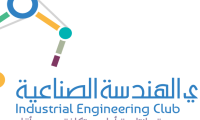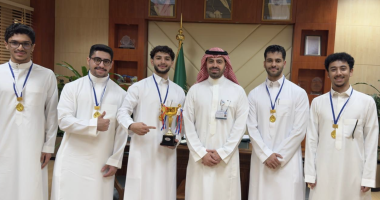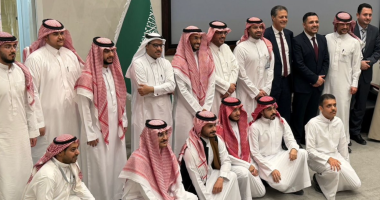ABOUT RIYADH
Riyadh ( ar-Riyāḍ means "The Gardens") is the capital and largest city of Saudi Arabia. It is also the capital of Riyadh Province, and belongs to the historical regions of Najd and Al-Yamama. It is situated in the center of the Arabian Peninsula on a large plateau, and is home to 5.7 million people, and the urban centre of a region with a population of close to 7.3 million people.

The city is divided into 15 municipal districts, managed by Riyadh Municipality headed by the mayor of Riyadh, and the Riyadh Development Authority, chaired by the governor of Riyadh Province, Faisal bin Bandar Al Saud.
From the 1940s, Riyadh "mushroomed" from a relatively narrow, spatially isolated town into a spacious metropolis. When King Saud came to power, he made it his objective to modernize Riyadh, and began developing Annasriyyah, the royal residential district in 1950. Following the example of American cities, new settlements and entire neighborhoods were created in grid-like squares of a chess board created and connected by high-performance main roads to the inner areas. The grid pattern in the city was introduced in 1953. The population growth of the town from 1974–1992 averaged 8.2 percent per year. Riyadh is divided into fifteen branch municipalities in addition to the Diplomatic Quarter. Each branch municipality in turn contains several districts, amounting to over 130 in total, though some districts are divided between more than one branch municipality. The branch municipalities are Al-Shemaysi, Irqah, Al-Ma'athar, Al-Olayya, Al-Aziziyya, Al-Malaz, Al-Selayy, Nemar, Al-Neseem, Al-Shifa, Al-'Urayja, Al-Bat'ha, Al-Ha'ir, Al-Rawdha, and Al-Shimal ("the North"). Olaya District is the commercial heart of the city, with accommodation, entertainment, dining and shopping options. The Kingdom Center, Al Faisalyah and Al-Tahlya Street are the area's most prominent landmarks. The centre of the city, Al-Bathaa and Al-Dirah, is also its oldest part.
Riyadh is classified as having a hot desert climate temperatures during the summer months. The average high temperature in August is 43.6 °C. Winters are warm with cool, windy nights. The overall climate is arid, and the city experiences very little rainfall, especially in summer, but receives a fair amount of rain in March and April. It is also known to have many dust storms. The dust is often so thick that visibility is under 10 m (33 ft). In April 2015, a massive dust storm hit Riyadh, causing suspension of classes in many schools in the area and cancellation of hundreds of flights, both domestic and international.
Football is the most popular sport in Riyadh. The city hosts four major football clubs, Al-Hilal, which is the most widely supported club in Saudi Arabia, was established in 1957 and has won thirteen championships in the Saudi Premier League. Al-Nasr club is another team in the top league that has many supporters around the kingdom. It was established in 1955, and has been named champion of the Saudi League seven times. Another well-known club, Al Shabab, was established in 1947 and holds six championships. There is also Al-RiyadhClub, which was established in 1954, as well as many other minor clubs. The city also hosts several large stadiums such as King Fahd International Stadium with a seating capacity of 70,000. The stadium hosted the FIFA Confederations Cup three times, in the years 1992, 1995 and 1997. It also hosted the FIFA U-20 World Cup in 1989.
Riyadh's King Khalid International Airport, located 35 kilometers north from the city center, is the city's main airport, and serves over 17 million passengers a year. Plans are being made to expand the airport to accommodate for 35 million passengers.
The city is served by a modern major highway system. The main Eastern Ring Road connects the city's south and north, while the Northern Ring Road connects the city's east and west. King Fahd Road runs through the center of the city from north to south, in parallel with the East Ring Road. Makkah Road, which runs east-west across the city's centre, connects eastern parts of the city with the city's main business district and the diplomatic quarters. Saudi Railway Authority operates two separate passenger and cargo lines between Riyadh and Dammam passing through Hofuf, and Haradh. Two future railway projects connecting Riyadh with Jeddah and Mecca in the western region and connecting Riyadh with Buraidah, Ha'il and Northern Saudi Arabia are underway.
A metro has also been approved, with six lines planned with scheduled opening in 2019. The metro system will be integrated with an 85 kilometers (53 mi) three line bus rapid transit (BRT) network. The main charter bus company in the kingdom, known as the Saudi Public Transport Company (SAPTCO), offers trips both within the kingdom and to its Neighboring countries of Gulf states, including Egypt (via ferries from Safaga or Nuweiba).
